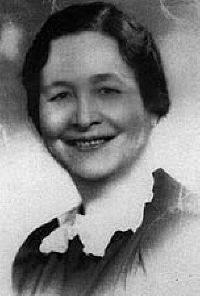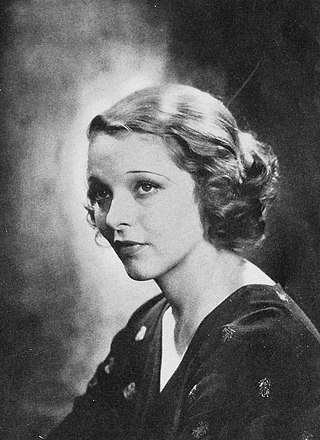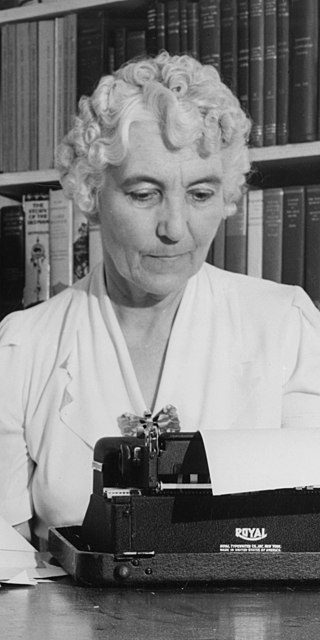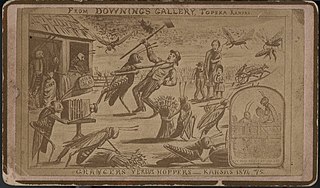
Christopher Houston Carson was an American frontiersman. He was a fur trapper, wilderness guide, Indian agent and U.S. Army officer. He became a frontier legend in his own lifetime by biographies and news articles; exaggerated versions of his exploits were the subject of dime novels. His understated nature belied confirmed reports of his fearlessness, combat skills, tenacity, as well as profound effect on the westward expansion of the United States. Although he was famous for much of his life, historians in later years have written that Kit Carson did not like, want, or even fully understand the fame that he experienced during his life.

Sarah Josepha Buell Hale was an American writer, activist, and editor of the most widely circulated magazine in the period before the Civil War, Godey's Lady's Book. She was the author of the nursery rhyme "Mary Had a Little Lamb". Hale famously campaigned for the creation of the American holiday known as Thanksgiving, and for the completion of the Bunker Hill Monument.

Mary Livermore was an American journalist, abolitionist, and advocate of women's rights. Her printed volumes included: Thirty Years Too Late, first published in 1847 as a prize temperance tale, and republished in 1878; Pen Pictures; or, Sketches from Domestic Life; What Shall We Do with Our Daughters? Superfluous Women, and Other Lectures; and My Story of the War. A Woman's Narrative of Four Years' Personal Experience as Nurse in the Union Army, and in Relief Work at Home, in Hospitals, Camps and at the Front during the War of the Rebellion. She wrote a sketch of the sculptor Anne Whitney for Women of the Day and delivered the historical address for the Centennial Celebration of the First Settlement of the Northwestern States in Marietta, Ohio on July 15, 1788.

Abigail Scott Duniway was an American women's rights advocate, newspaper editor and writer, whose efforts were instrumental in gaining voting rights for women.

Ella Cara Deloria, also called Aŋpétu Wašté Wiŋ, was a Yankton Dakota (Sioux) educator, anthropologist, ethnographer, linguist, and novelist. She recorded Native American oral history and contributed to the study of Native American languages. According to Cotera (2008), Deloria was "a pre-eminent expert on Dakota/Lakota/Nakota cultural religious, and linguistic practices." In the 1940s, Deloria wrote a novel titled Waterlily, which was published in 1988, and republished in 2009.

Bent's Old Fort is an 1833 fort located in Otero County in southeastern Colorado, United States. A company owned by Charles Bent and William Bent and Ceran St. Vrain built the fort to trade with Southern Cheyenne and Arapaho Plains Indians and trappers for buffalo robes. For much of its 16-year history, the fort was the only major white American permanent settlement on the Santa Fe Trail between Missouri and the Mexican settlements. It was destroyed in 1849.

Sally Blane was an American actress who appeared in more than 100 movies.

Olive Mary Borden was an American film and stage actress who began her career during the silent film era. She was nicknamed "the Joy Girl", after playing the lead in the 1927 film of that same title. Borden was known for her jet-black hair and stunning overall beauty.

Jacqueline Medura Logan was an American actress and silent film star. Logan was a WAMPAS Baby Star of 1922.

Thomas Fitzpatrick was an Irish-American fur trader, Indian agent, and mountain man. He trapped for the Rocky Mountain Fur Company and the American Fur Company. He was among the first white men to discover South Pass, Wyoming. In 1831, he found and took in a lost Arapaho boy, Friday, who he had schooled in St. Louis, Missouri; Friday became a noted interpreter and peacemaker and leader of a band of Northern Arapaho.

Edmund Fessenden Cobb was an American actor who appeared in more than 620 films between 1912 and 1966.

Nelson McDowell was an American actor. He appeared in more than 170 films between 1917 and 1945.

Anita Ellis was a Canadian-born American singer and actress. She famously dubbed Rita Hayworth's songs in Gilda.

Ruth Murray Underhill was an American anthropologist. She was born in Ossining-on-the-Hudson, New York, and attended Vassar College, graduating in 1905 with a degree in Language and Literature. In 1907, she graduated from the London School of Economics and began travelling throughout Europe. During World War I, she worked for an Italian orphanage run by the Red Cross.

The following works deal with the cultural, political, economic, military, biographical and geologic history of pre-territorial Wyoming, Wyoming Territory and the State of Wyoming.

South Platte Trail was a historic trail that followed the southern side of South Platte River from Fort Kearny in Nebraska to Denver, Colorado. Plains Indians, such as the Cheyenne and the Arapaho, hunted in the lands around the South Platte River. They also traded at trading posts along the route, as did white travelers. Travelers included trappers, traders, explorers, the military, and those following the gold rush. The trail was also used by the Pony Express.

Anne Evans was an American arts patron. She devoted her life to the founding and support of some of Colorado's largest cultural institutions, including the Denver Art Museum, the Central City Opera, and the Denver Public Library. She had decades of experience in leadership positions, particularly in the field of art. She was also a leader of a conservation effort and a fundraiser during World War I.
Viola Cordova, a philosopher, artist, and author, member of the Jicarilla Apache tribe, was one of the first Native American women to earn a PhD in philosophy.

Minnie Reynolds Scalabrino was an American journalist, women's rights activist, and organizer, founding the Denver Women's Press Club and Denver Woman's Club. She advocated for equal rights, women's suffrage and temperance, something that she was devoted to for more than 30 years. She was instrumental in the passage of laws that gave women the right to vote at the state level, and then in 1920 for women throughout the United States.

The Locust Plague of 1874, or the Grasshopper Plague of 1874, occurred when hordes of Rocky Mountain locusts invaded the Great Plains in the United States and Canada. The locust hordes covered about 2,000,000 square miles (5,200,000 km2) and caused millions of dollars' worth of damage. The swarms were so thick that they could cover the sun for up to six hours and caused millions of dollars worth of crop damage. Efforts were made to stop the infestation, including eating the locusts. Following the plague, the population of Rocky Mountain locusts continued to decline each year after 1874 and in spring 1875, many of the hatched locust eggs died due to frost, contributing to their eventual extinction.



















